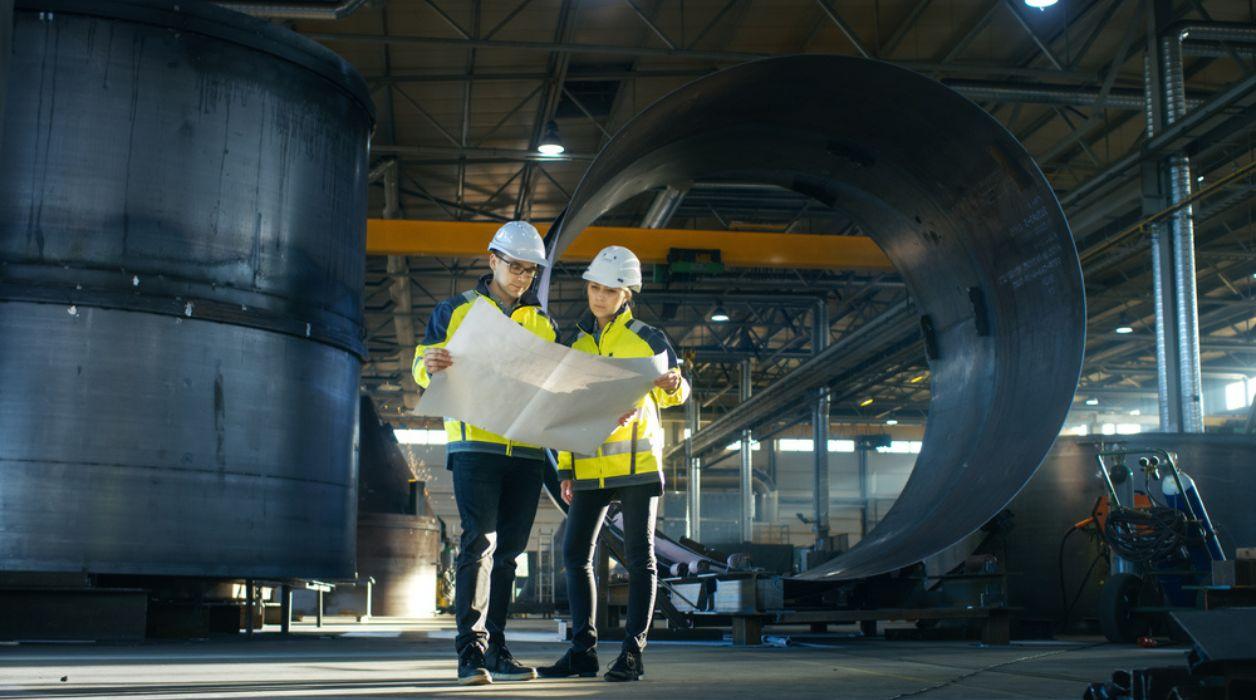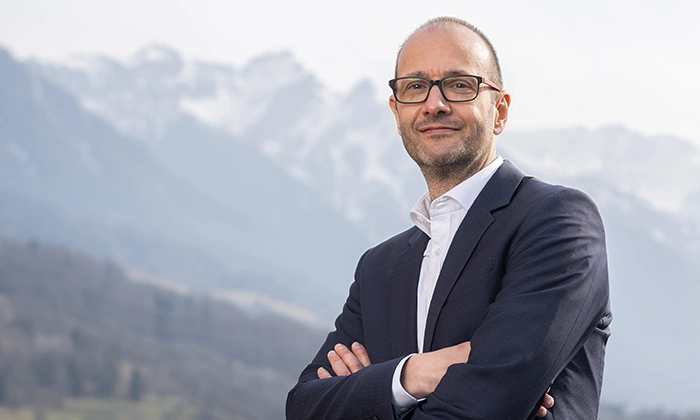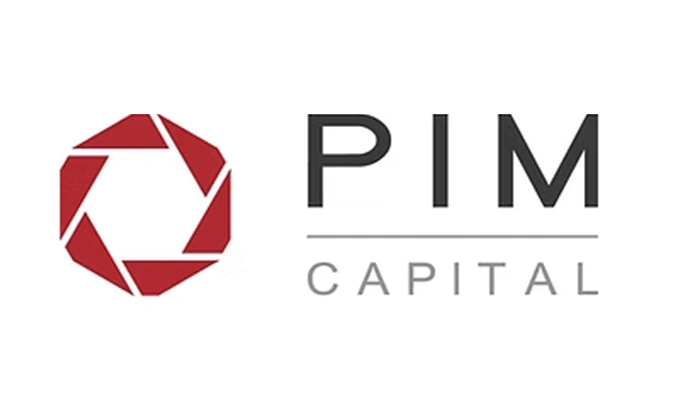How manufacturers can overcome key challenges

John E. Kaye
- Published
- Banking & Finance, Global Economy, Home

According to new research, standard manufacturing strategies are no longer enough to overcome a number of global challenges.
A greater exchange of information and collaboration is needed to tackle current global challenges in manufacturing, such as the increase of information density in products and the increasing interconnectedness of the manufacturing process, according to research from Vlerick Business School, Georgetown University, and Singapore Management University. The researchers state that these two challenges raise a number of key questions for manufacturers, who are searching for answers on how to deal with them.
Standard manufacturing strategies are no longer enough to overcome these challenges, say the researchers, who have also highlighted five capabilities that are needed if manufacturers are to respond to these challenges in their factories.
This research was conducted by Ann Vereecke, Professor of Operations Management at Vlerick Business School, Professor Kasra Ferdows, Georgetown University, USA, and Professor Arnoud De Meyer, Singapore Management University, who wanted to understand the key challenges currently facing manufacturers, and how they can be overcome. To do so they created a framework based on the implications of these two recent trends. By using this framework, the researchers were able to identify specific approaches for manufacturers to overcome these challenges. The five capabilities that companies can utilise for manufacturing to give them a competitive edge are:
Expanding your view
Companies need to look beyond the traditional walls of manufacturing and integrate better into their immediate surroundings, connecting to larger numbers of their stakeholders to reduce potential adverse environmental, social, and regulatory effects. Final assembly plants may also need to be located close to consumption to be in sync with the customers and to enhance responsiveness and reduce transportation.
Utilising new technologies
Companies need to deploy new processes and technologies as quickly as possible if they are to get one step ahead. In order to implement these seamlessly and efficiently, companies need to be more open than usual to internal or external partners.
Selling solutions not products
There needs to be a greater focus on developing new capabilities to support, help, or even lead the shift from providing mere “products” to providing “solutions”. Many customers are shifting from buying the product to buying the experience of using the product.
Leveraging intracompany networks
Organisations must leverage their own global manufacturing network to mitigate adverse effects of disruptions. A network of factories can cope with sudden changes in demands, disruptions in supplies, and other unforeseen events much better than the same set of factories when they are run independently. It also offers more opportunities for learning and knowledge transfer.
Building effective ecosystems
Companies must look to work effectively in intercompany networks and ecosystems. A shift to solutions, not products, demands more collaborations with the ecosystem partners, not only in the daily operations but also when innovating and creating new value for the customer.
However, the researchers say that it is not possible to excel in all five of these capabilities. Focusing on a small number of them is enough to create a competitive advantage in comparison to companies who are simply using more traditional methods of boosting production.
The researchers say that these findings have important implications for manufacturing executives, who can no longer have a purely internal view when it comes to manufacturing. These managers need to hone their skills in understanding what consumers want, and communicate this with senior management.
They also need to improve their knowledge of technology and how to utilise the abundance of data available to them, if they want to become the leader of the pack, and not just part of the peloton.
RECENT ARTICLES
-
 Managing cross-border risks in B2B e-commerce
Managing cross-border risks in B2B e-commerce -
 J.P. Morgan launches first tokenised money market fund on public blockchain
J.P. Morgan launches first tokenised money market fund on public blockchain -
 Aberdeen agrees to take over management of £1.5bn in closed-end funds from MFS
Aberdeen agrees to take over management of £1.5bn in closed-end funds from MFS -
 Enterprise asset management market forecast to more than double by 2035
Enterprise asset management market forecast to more than double by 2035 -
 EU Chamber records highest number of entries for 2025 China Sustainable Business Awards
EU Chamber records highest number of entries for 2025 China Sustainable Business Awards -
 Inside Liechtenstein’s strategy for a tighter, more demanding financial era
Inside Liechtenstein’s strategy for a tighter, more demanding financial era -
 ‘Stability, scale and strategy’: Christoph Reich on Liechtenstein’s evolving financial centre
‘Stability, scale and strategy’: Christoph Reich on Liechtenstein’s evolving financial centre -
 Bridging tradition and transformation: Brigitte Haas on leading Liechtenstein into a new era
Bridging tradition and transformation: Brigitte Haas on leading Liechtenstein into a new era -
 Liechtenstein in the Spotlight
Liechtenstein in the Spotlight -
 Fiduciary responsibility in the balance between stability and global dynamics
Fiduciary responsibility in the balance between stability and global dynamics -
 Neue Bank’s CEO on stability, discipline and long-term private banking
Neue Bank’s CEO on stability, discipline and long-term private banking -
 Research highlights rise of 'solopreneurs' as technology reshapes small business ownership
Research highlights rise of 'solopreneurs' as technology reshapes small business ownership -
 Philipp Kieber on legacy, leadership and continuity at Interadvice Anstalt
Philipp Kieber on legacy, leadership and continuity at Interadvice Anstalt -
 Building global-ready funds: how South African managers are scaling through offshore platforms
Building global-ready funds: how South African managers are scaling through offshore platforms -
 Global billionaire wealth hits record as relocation and inheritance accelerate, UBS finds
Global billionaire wealth hits record as relocation and inheritance accelerate, UBS finds -
 Human resources at the centre of organisational transformation
Human resources at the centre of organisational transformation -
 Liechtenstein lands AAA rating again as PM hails “exceptional stability”
Liechtenstein lands AAA rating again as PM hails “exceptional stability” -
 Lusaka Securities Exchange surges ahead on reform momentum
Lusaka Securities Exchange surges ahead on reform momentum -
 PROMEA leads with ESG, technology and trust in a changing Swiss market
PROMEA leads with ESG, technology and trust in a changing Swiss market -
 Why collective action matters for pensions and the planet
Why collective action matters for pensions and the planet -
 Structuring success with Moore Stephens Jersey
Structuring success with Moore Stephens Jersey -
 PIM Capital sets new standards in cross-jurisdiction fund solutions
PIM Capital sets new standards in cross-jurisdiction fund solutions -
 Innovation, advisory and growth: Banchile Inversiones in 2024
Innovation, advisory and growth: Banchile Inversiones in 2024 -
 Digitalization, financial inclusion, and a new era of banking services: Uzbekistan’s road to WTO membership
Digitalization, financial inclusion, and a new era of banking services: Uzbekistan’s road to WTO membership -
 Fermi America secures $350m in financing led by Macquarie Group
Fermi America secures $350m in financing led by Macquarie Group



























